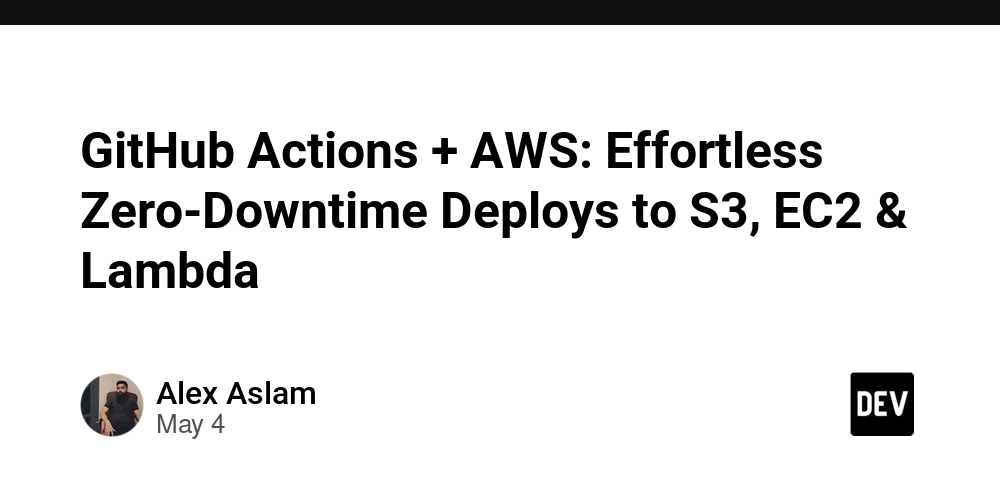Leave Harvard alone: Government diktats to higher ed only make matters worse
The Trump administration is attempting to control institutions such as Harvard University and Columbia by ending research funding and student aid if they do not undertake numerous changes, including ending diversity, equity and inclusion policies and fostering "viewpoint diversity," but this is a threat to liberty and should not be done.

When the federal government funds research or gives money to college students, it does not fund institutions and should not dictate how schools are run. That might sound odd — he who pays the piper calls the tune, right? But for the sake of our most precious political good — freedom — such control must be avoided.
This applies to the Trump administration’s efforts to control institutions such as Harvard University and Columbia. If these and other schools do not undertake numerous changes, including ending diversity, equity and inclusion or DEI policies, rooting out perceived antisemitism, and fostering “viewpoint diversity,” the administration has said it will end research funding. Aid for students such as Pell Grants could also be at risk, as could the school’s tax-exempt status.
The ivory tower is raising defenses, including a lawsuit from Harvard, a letter from more than 200 college presidents denouncing federal interference, and even a possible Big Ten compact treating an attack on one member as an attack on all.
Ideally, we would not have federal research or student-aid funding, or the complex tax code, that give Washington major leverage. The Constitution gives the federal government only specific, enumerated powers, and authority to fund research and student aid, and many other things that drive up federal spending, are nowhere among them. The Framers never thought a distant, intentionally constrained national government should have such power.
Unfortunately, we have abandoned many constitutional constraints, and now federal systems are deeply entangled in our lives, including funding for college education and scientific research. These have had ugly, unintended consequences, ranging from student aid fueling rampant college price inflation to university researcher dependency on federal taxpayer dollars. And we have a bafflingly complex tax system to fund it all.
We should end these things. But as we work toward that, we should not compound the problems by attaching freedom-crushing regulations to them. It would be far worse if we said everyone who accepted the bucks or tax status also had to act and think as directed by Washington.
Such control is a clear threat to liberty. It is also a terrible way to grapple with complex, morally burdened issues.
Consider how the DEI debate can be a clash of laudable aims. We should be colorblind — judge people by the content of their character and not the color of their skin. That is what many who oppose DEI want. But some people do judge others by the color of their skin, and for a long time government explicitly discriminated based on that, including the feds helping white people, but not Black, buy homes that became foundations of wealth. For many, supporting DEI is at least partially about ameliorating the effects of such discrimination.
Moral values cannot simply be declared right or wrong, like calculating two plus two. But a single answer is imposed when the federal government sets rules on funding, such as the Trump administration is trying to do.
A far better way to handle complex, values-laden problems is to let millions of people freely discuss, debate and negotiate answers. All people are unique and circumstances different, and the way we discover the best approaches to solving problems is allowing numerous approaches to fail or succeed.
It is also important to understand that neither federal research grants, student aid nor tax exemptions constitute “funding the university.”
Research funding is just that — for research, not an institution. Student aid is for students, who choose where they use it. And tax-exempt status is based primarily on whether an organization operates for profit — income in excess of costs going to shareholders or owners — or not-for-profit, with money primarily for the institution rather than private gain.
Finally, private institutions, like Harvard and Columbia, should never be subject to heavy government control.
That said, you have power if you are disgusted by colleges and universities, and from speech cancellations to political monocultures, many have given plenty of reasons to feel that way.
If you are a student who disagrees with schools encouraging offensive behaviors, do not attend them. If you are a benefactor, do not donate to them. If you are neither, criticize them. Just do not use the power of government to impose your idea of “right” on them.
Washington is far too involved in funding college students and research, and the tax code needs simplification. But adding liberty-curbing rules to these already bad things only makes matters worse. Americans need the freedom to discuss, debate and decide amongst themselves how to resolve our many difficult problems.
Neal McCluskey directs the Cato Institute’s Center for Educational Freedom and is the author of “The Fractured Schoolhouse: Reexamining Education for a Free, Equal, and Harmonious Society.”











































































